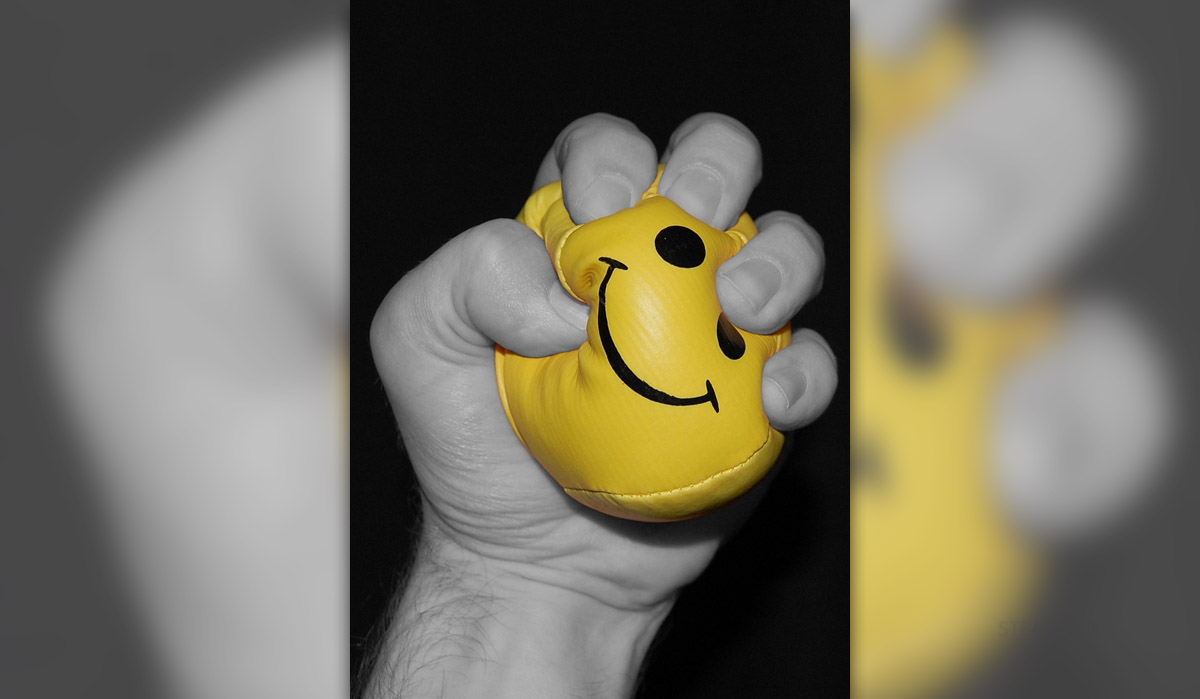
Stress at work is one of the top reasons for employees to take sick leave. Stress is becoming an increasing problem in the United States. Some people are more susceptible to work-related stress than others. This depends on personality type, coping mechanisms other factors.
The physical symptoms are broadly the same for everyone though - headaches, tense muscles, fatigue and insomnia, and back and neck ache are some of the more common symptoms of stress at work. Other symptoms include an increased heart rate, excessive sweating and concentration problems. Psychological symptoms that are common are mood swings, aggression and a lack of libido. Employees who are unable to cope with stress at work often find their private life is affected, and they cannot stop thinking about the problems they have in the workplace.
The causes of work-related stress are as individual as the people suffering from stress. A heavy work load, long working hours and no job satisfaction are high ranking sources of stress. A bad atmosphere in the workplace, financial concerns, and a clash between the needs of the individual and the company as a whole are also major contributors to stress. Stress cab be triggered by a single event, but is more often the result of a build-up of pressures.
A family doctor is the first point of call when seeking help for work-related stress. A family doctor can help the patient identify the causes of stress, and offer solutions in the form of relaxation techniques or medication. They can also refer patients to a counselor.
Work-related stress can often be self treated. Better organization and prioritizing skills, getting enough breaks, and a reduction in working hours can often do miracles. Exercise is probably the single most effective activity anyone can undertake to reduce their stress levels. It releases stress and relaxes the muscles. Time spent outside is also beneficial for people suffering from stress, so jogging is a great activity for this purpose.
Some people find that venting to friends or family, or keeping a journal, reduces their stress levels. Not drinking or smoking too much, and staying away from caffeine also helps, as does a varied and healthy diet. If it is impossible to take away the source of the stress, a changed approach and learning new coping mechanisms might be the easier answer to stress. Therapy, yoga, pilates, regular massages, aromatherapy and reflexology are all techniques many people use to reduce stress.
Sometimes more radical action become inevitable, and Cognitive Behavioural Therapy, stress management courses, or even medication may be necessary. Stress can lead to depression and anxiety in the long-run, and antidepressants may be prescribed to combat these conditions.

















Your thoughts on this
Loading...